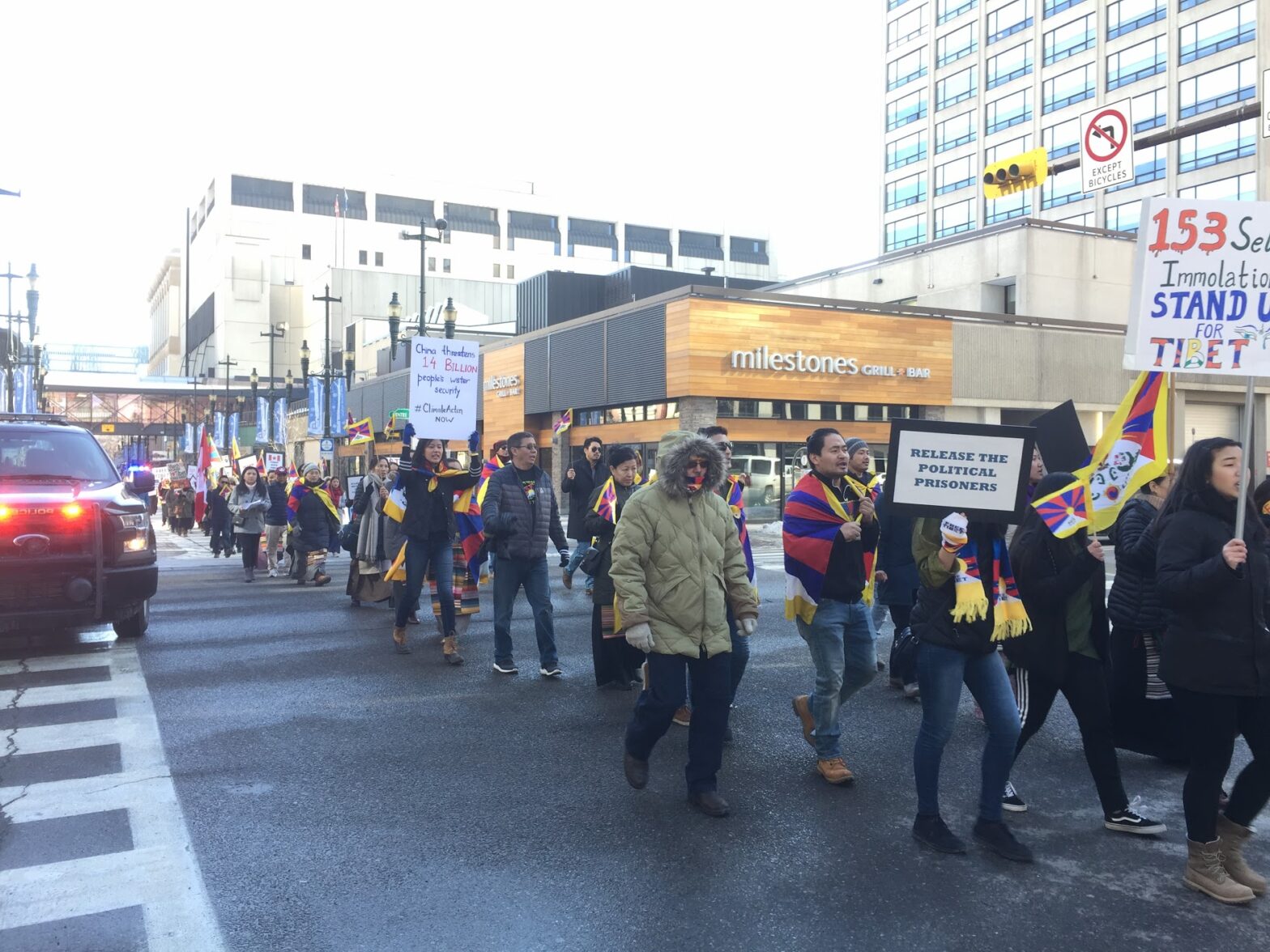China remains entangled in a complex web of internal and external challenges to its legitimacy and stability.
By Sherap Therchin
Ottawa, April 17, 2023 – Ongoing debates on the nature and extent of Chinese interference in our democratic institutions have led many Canadians to question why China would engage in such brazen actions, which might tarnish its international reputation and strain its relationships with other nations. A closer examination of the trends associated with this conduct reveal a deep-seated insecurity that prevails among the foreign policy elites of the People’s Republic of China (PRC).
This insecurity stems from various sources, including from China’s status as one of the last active colonial powers, the regime’s questionable legitimacy over colonized nations like Tibet, East Turkestan, and Southern Mongolia, and the foundation of its authoritarian rule being built upon the deaths of millions during sociopolitical campaigns such as the Great Leap Forward (1958-62), the Cultural Revolution (1966-76), and the Tiananmen Square Massacre (1989). The denial of linguistic, cultural, and religious self-determination rights for the occupied peoples under its thumb compounds the fractious scale of Beijing’s vulnerabilities.
Most critical of all are the insecurities that stem from the PRC’s authoritarian, single-party rule which denies the basic democratic rights of self-expression to its citizens. Behind grand projections of power and influence, the foreign policy establishment of China is desperate in its attempts to rewrite the history of their party and country and to control the narrative around Chinese behaviour. A growing awareness of what it means to pursue free and democratic lives, as China’s vast population continues to travel and study abroad, represent further cracks in the regime’s many great walls and firewalls.
Despite China’s remarkable growth and repositioning as the world’s second largest economic and military power and the attendant luxuries enjoyed by its wealthiest elites, a sense of unease persists. The PRC is mired in historical tribulations. The modern party relies on a notion of the “National Rejuvenation of China” as a pretext to justify its aggressive actions. This concept is rooted in the assimilation of all Chinese nations and peoples into the dominant Han culture and the preservation of the CCP’s single-party governance.
The international community has had numerous opportunities to recognize and address China’s escalating insecurity. It has equally as often chosen to look the other way, motivated by opportunities for profit associated with international trade and business with China. Consequently, an emboldened PRC is now asserting expansive territorial claims in the South China Sea, encroaching on the Indo-Tibetan border regions, exerting undue influence in Nepal and Mongolia, and violating Hong Kong’s guarantees of autonomy. Domestically, the PRC is responsible for the mass incarceration of Uyghurs, the forced resettlement of Tibetan nomads, and the implementation of other assimilationist policies across the occupied regions.
The repercussions of Chinese heavy-handedness have extended beyond its neighbouring Asian countries, now reaching western democratic nations such as Australia and Canada through the infiltration of their democratic institutions. If not for the risks taken by anonymous intelligence leakers to expose these interferences, we might not have paid due attention to China’s expansionist policies that are rooted in its underlying sense of insecurity.
Take, for example, the CCP’s treatment of the Tibetan spiritual leader, His Holiness the 14th Dalai Lama. One might ask what threat a monk globally renowned for his message of peace and compassion could pose to the world’s largest military or the world’s largest political party – a man without any army who has spent the majority of his life in exile in neighbouring India. Yet his every move is closely monitored and relentless efforts are made to isolate him from the international community through various coercive and covert strategies.
The CCP’s insecurities are so profound that not only does His Holiness threaten their legitimacy in this lifetime, but in his next one too. In a paramountcy of irony, the officially communist and atheist state has asserted its right to identify the next leader of Tibetan Buddhism. After all, it is only in China that one requires the bureaucracy’s permission to reincarnate.
Framed in this way, the ongoing examination of Chinese interference in global democratic institutions sheds a further light on the insecurities undergirding today’s PRC. The historical roots of this insecurity now manifest in various forms of authoritarian control, the denial of democratic rights, and attempts to dominate the international narrative.
Despite China’s impressive economic and military might, the nation remains entangled in a complex web of internal and external challenges to its legitimacy and stability. As the world community grapples with the repercussions of China’s actions, it must recognize the pivotal role these insecurities play in shaping the PRC’s erratic policies and behaviours.
Sherap Therchin is the executive director of the Canada Tibet Committee.

